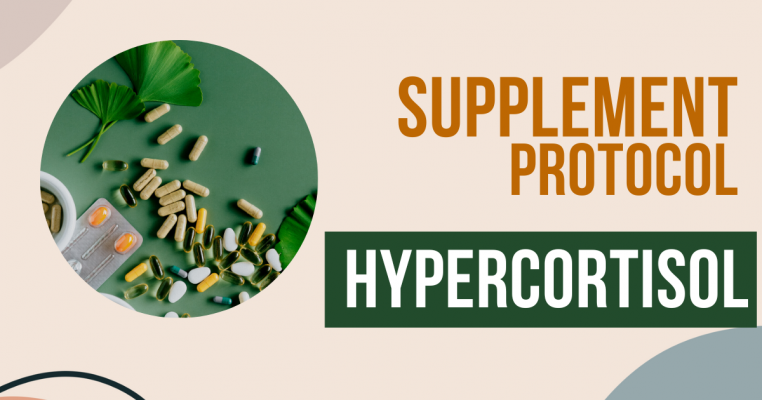Addiction recovery treatment includes emotional and therapeutic practices including counselors, 12-step meetings, Smart Recovery, and other psycho-social practices.
More is being discovered about addiction recovery. Findings from clinical neuroscience research have shown addiction to be a complex disease of the brain and behavior from which people can recover with treatment, as is the case with most medical diseases (National Institute on Drug Abuse).
There is a fundamental gap in our recovery methods. I’ve personally experienced many individuals trying to “muscle” their way through addiction – meeting by meeting, day by day, minute-by-minute. Those individuals suffer which incredible self-blame if they can’t get their cravings under control. The physical aspect of cravings can often be a barrier to long-term recovery.
There is another way.
By providing the brain with the nourishment it needs, the body can be restored to balance and given the keys to recovery from all addictions.
Neurotransmitters are Message Chemicals
It starts with neurotransmitters. Neurotransmitters are natural chemicals that control mood, broadcast natural messages of reward and pleasure from one nerve to another throughout the brain and the body. Increasing the transmission of these positive messages eliminates cravings for addictive substances and behaviors.
When there are balanced neurotransmitters, the brain doesn’t feel”cravings” for self-medication through addictive substances.
Nutrients and Nutrition in Addiction
Nutrients are the raw materials that the brain needs in very specific amounts to create neurotransmitters.
Even with optimal nutrition and supplements, the formation of neurotransmitters can be hampered by the body. For example, certain gut bacteria are known to interfere with the formation of neurotransmitters.
Nutrition is also much more complex than eating well. The body requires the perfect harmony of stomach acid, digestive enzymes, and nutritional co-factors to extract nutrients from food. Those nutrients must be taken up by each and every cell in the body.
https://psycnet.apa.org/record/1991-16631-001
Using a specific brain-targeted nutritional compound found retention rates for cocaine abusers in residential treatment improved from 62.5% to 95.8%.
A Functional Medicine approach, applied to addiction recovery, can provide a roadmap to long-lasting recovery. If recovery is to be long-lasting, the unique biochemistry of each person has to be assessed and corrected.
Nutrition matters as well as stabilizing blood sugar. A wholesome food plan of protein every four hours, vegetables, fruits, nuts, and seeds, complemented by whole grains, will stabilize blood sugar and prevent relapse.
This approach means exploring why the body is imbalanced and why cravings continue. Was the imbalance present at the time of the first use of the addictive substance? Or did the use and abuse of the addictive substance then cause the imbalance?
It means finding out why specific neurotransmitters and hormones (which provide protection from cravings, resolve anxiety, balance emotions) are not being manufactured by the body and which amino acid is deficient. It means finding the root cause of imbalances, rather than managing symptoms only.
Amino Acids and Neurotransmitters
Amino acids are the building blocks, the raw ingredients needed to build neurotransmitters. Through careful assessment, we can supplement with one or more amino acids including GABA, tryptophan, tyrosine, and phenylalanine that the individual needs most. Many clients report in a matter of minutes, with the consumption of dosed amino acids, they go suffering from uncontrolled cravings to transforming into feelings of comfort, wellbeing, and stability.
We are fortunate to have access to tests and assessments that provide great insight and with this information, can apply specific nutritional protocols to rebalance the body and reduce physical cravings.
We can give addiction recovery a real chance to succeed when we look at our physiology and our neurotransmitters. and understand the importance of nutrition’s key role in brain repair. Individuals can experience permanent elimination of cravings for dangerous drugs and uncontrolled behaviors.

A Step in the Right Direction
Your return to health starts by signing up for an insightful Health Advocacy Session. Learn more about our programs today.
The Wellness Journal







